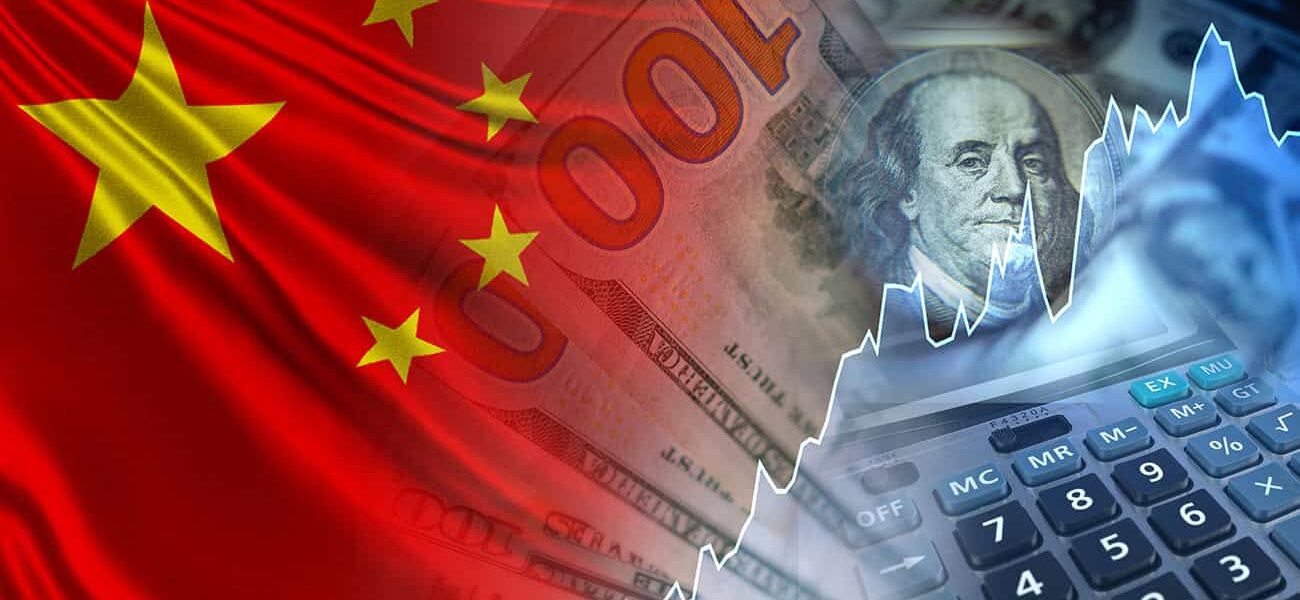In the halls of Washington and the trading floors of global markets, few issues have garnered more attention in recent years than the escalating tensions between the U.S. and China. What began as a trade war under President Donald Trump’s administration has evolved into a complex, multifaceted standoff—one that has significant implications not only for the two nations involved but for the global economy at large.
At the heart of this trade tension lies a key financial instrument: U.S. Treasury Bonds (T-Bonds), long regarded as a safe haven for investors worldwide. But as China holds a significant portion of U.S. debt, the potential risks of this arrangement are beginning to surface, posing serious questions about the stability of both nations’ economic futures—and the global market.
A Shifting Relationship Between the U.S. and China
Since Donald Trump’s presidency, the United States has imposed high tariffs on China, escalating a trade conflict that remains unresolved even under the current administration. At the center of the standoff is the economic leverage each country holds over the other. One of the most significant areas of this leverage is China’s holdings in U.S. Treasury Bonds, which serve as a critical mechanism for financing the U.S. government’s fiscal operations.
China’s Hold on U.S. Debt
As of February 2025, China holds approximately 9% of all U.S. T-Bonds, a figure valued at roughly $775 billion. This places China as the second-largest foreign creditor to the U.S., trailing only Japan. The relationship between China and U.S. debt is a deeply intertwined one—China’s role as a major holder of U.S. T-Bonds has granted it a degree of influence over U.S. economic stability, though this influence has been waning in recent years.
The Consequences of China Liquidating T-Bonds
If China were to sell a significant portion of its holdings in U.S. T-Bonds, the market could face a considerable disruption. T-Bonds are known for their stability, and any major sell-off would likely cause their value to drop. This could lead to an increase in interest rates as the U.S. government would struggle to borrow money at favorable rates, ultimately making it more expensive to finance its activities. The ramifications would not stop there; rising borrowing costs could extend to business loans and mortgages, burdening American businesses and households with higher financial obligations.
The Declining Share of U.S. Debt Held by China
It’s important to note that China’s role in financing U.S. debt has been shrinking in recent years. In 2017, China held nearly 20% of the U.S. debt, but that share has since fallen to about 9% today. While this decline reduces China’s immediate leverage, the volume of T-Bonds it still holds remains substantial and cannot be dismissed.
U.S. T-Bonds: A Safe Investment in Global Markets
Despite this reduction in China’s holdings, U.S. Treasury Bonds remain highly attractive to investors worldwide due to their liquidity and perceived safety. These bonds are seen as one of the most secure financial assets, providing stability in times of global uncertainty. The reliability of T-Bonds is unmatched by other financial instruments, making them difficult to replace in global markets. This inherent security underpins the demand for U.S. debt, not just from China, but from countries around the world.
The Global Impact of a Disrupted U.S. Bond Market
However, the sale of large amounts of T-Bonds—whether by China or any other foreign holder—could have far-reaching consequences that ripple across global markets. A disruption in the U.S. bond market could undermine investor confidence, as alternative assets that provide the same level of security are hard to come by. This could lead to a financial crisis, as the world’s investors scramble to find safe havens, which could destabilize not just the U.S. economy, but the global financial system as well.
A Tenuous Balance
The shifting dynamics between the U.S. and China over T-Bonds underscore a delicate balancing act. While China’s declining share of U.S. debt has reduced its direct influence, the broader implications of any action—whether through selling bonds or restricting further purchases—are clear. The sale of T-Bonds, or any significant change in China’s holdings, could lead to a tumultuous period of volatility, both in the U.S. and abroad.
As global markets brace for the next phase of the U.S.-China standoff, one thing is certain: the financial stakes have never been higher. For now, the fate of the global economy hinges on the relationship between these two superpowers and the long-term implications of their economic policies.




